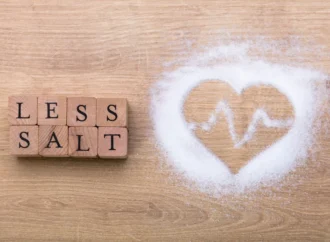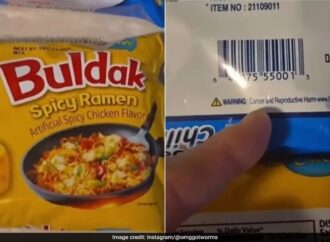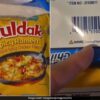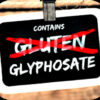 Food Manifest
Food Manifest
The house of resource for food safety.
Processed Foods
- Home
- Processed Foods

Nestlé to Remove Artificial Colors from U.S. Products by 20260
- A to Z, Food Hygiene, Food Safety, Health & Wellness, News
- July 2, 2025
Report Nestlé announced it will eliminate artificial dyes from all its U.S. food and beverage products by mid-2026, joining other major companies working to improve food safety. Kraft Heinz and General Mills recently pledged to remove artificial dyes from their U.S. products by 2027, with General Mills targeting cereals and K-12 school foods by mid-2026.
READ MORE
Mayonnaise Missteps: Danger Lurking in Your Fast Food0
- A to Z, Food Hygiene, Food Safety, Health & Wellness
- April 30, 2025
Walk into almost any fast food joint today, and you’ll likely spot a busy shawarma counter. Wrapped in soft pita bread and filled with spiced meat and crunchy veggies, shawarma has become a go-to snack for many. But there’s one creamy ingredient that could be putting your health at risk — the mayonnaise. That dollop
READ MORE

Glyphosate in Your Daily Diet: How Much Are You Consuming?0
- Food Hygiene, Food Safety, Health & Wellness
- March 29, 2025
Glyphosate, a widely used weed killer or a herbicide, is more common in our food than you might think. Found in grains, cereals, and even fruits, its presence has sparked debates about safety. While regulators say small amounts are harmless, some studies link it to health concerns like gut issues and even cancer. So, how
READ MORE
NIT Rourkela & UP Los Baños Develop IoT Colourimeter for Food Quality0
- A to Z, Food Safety, Health & Wellness, New Technology, News
- March 21, 2025
Overview Researchers from NIT Rourkela and the University of the Philippines Los Baños have developed an IoT-enabled smart colourimeter to monitor ingredient quality in processed foods. This device enables real-time tracking of colour and temperature variations, making it particularly valuable for analyzing oleogels and fat alternatives in the food industry. How the Smart Colourimeter Works
READ MORE
WHO Advocates Lower-Sodium Salt Substitutes to Combat Hypertension0
- Food Safety, Health & Wellness, News
- February 15, 2025
Report World Health Organization (WHO) has introduced guidelines urging the global adoption of lower-sodium salt substitutes (LSSS) to reduce hypertension and cardiovascular risks. These LSSS products replace a significant portion of sodium chloride with potassium chloride, providing the dual benefit of reducing sodium intake while increasing potassium consumption. Why Reducing Sodium Matters Excess sodium is
READ MORE














